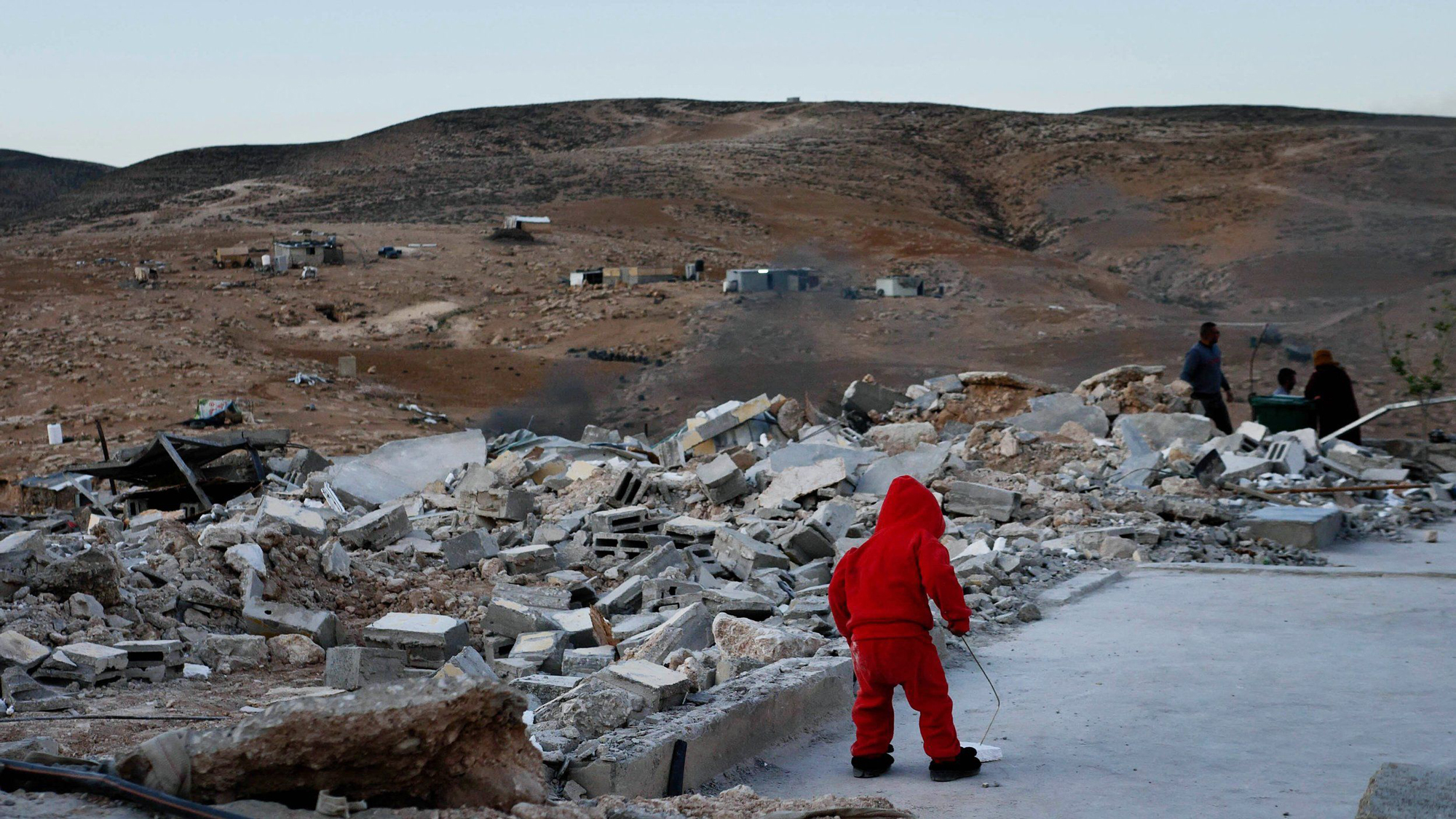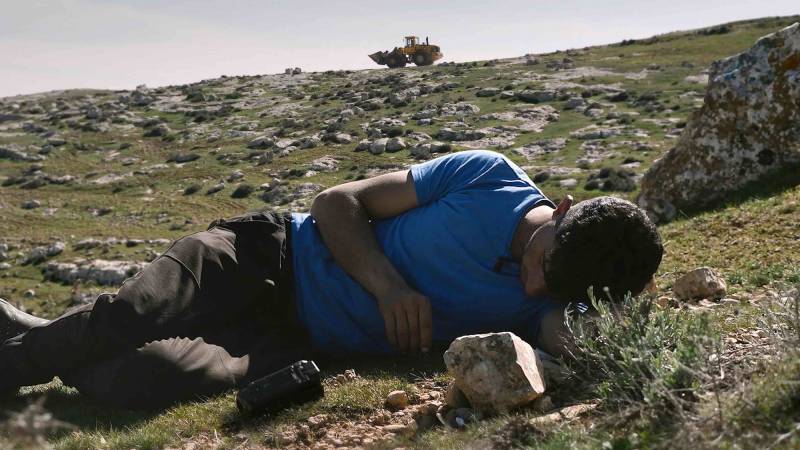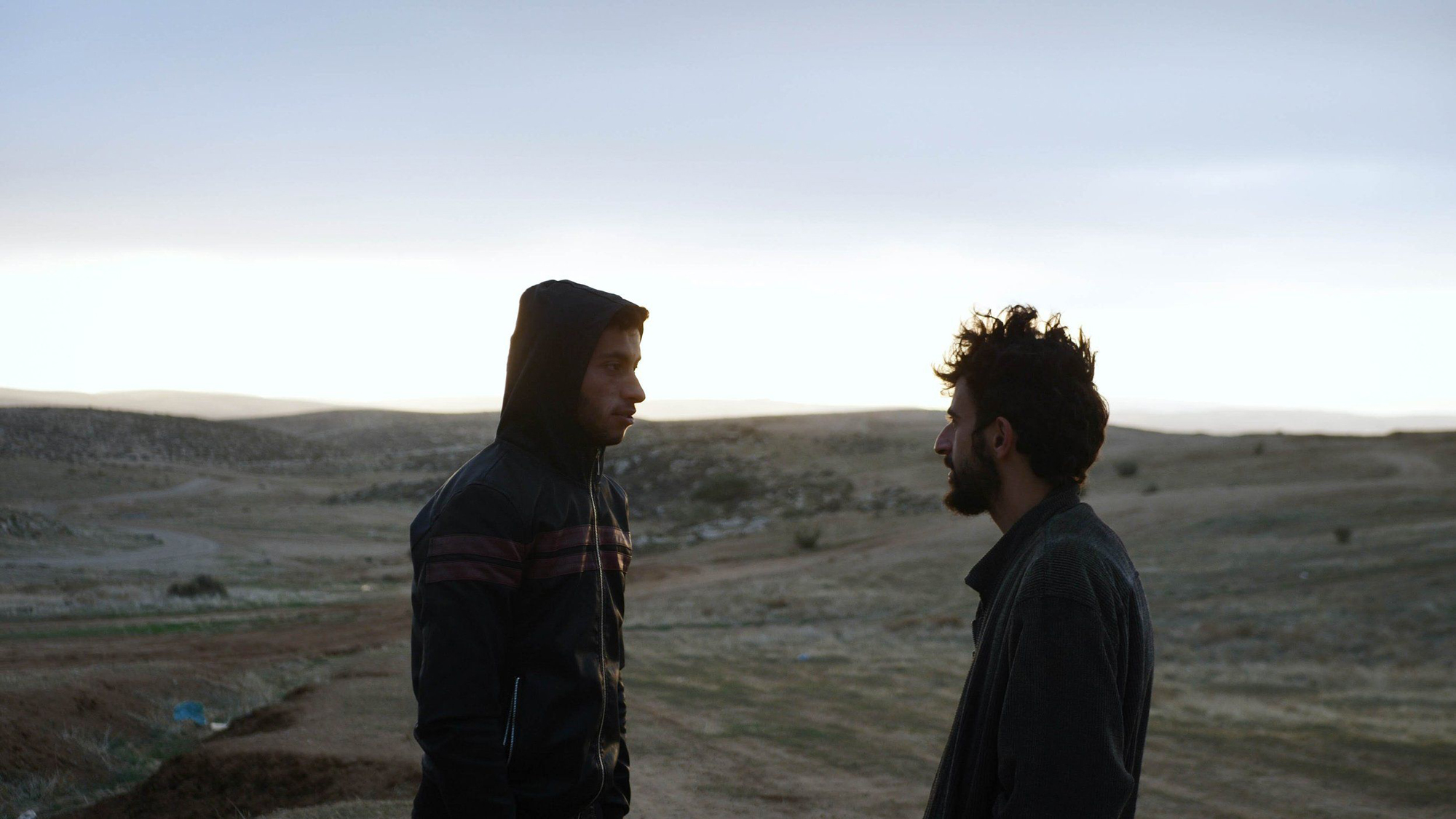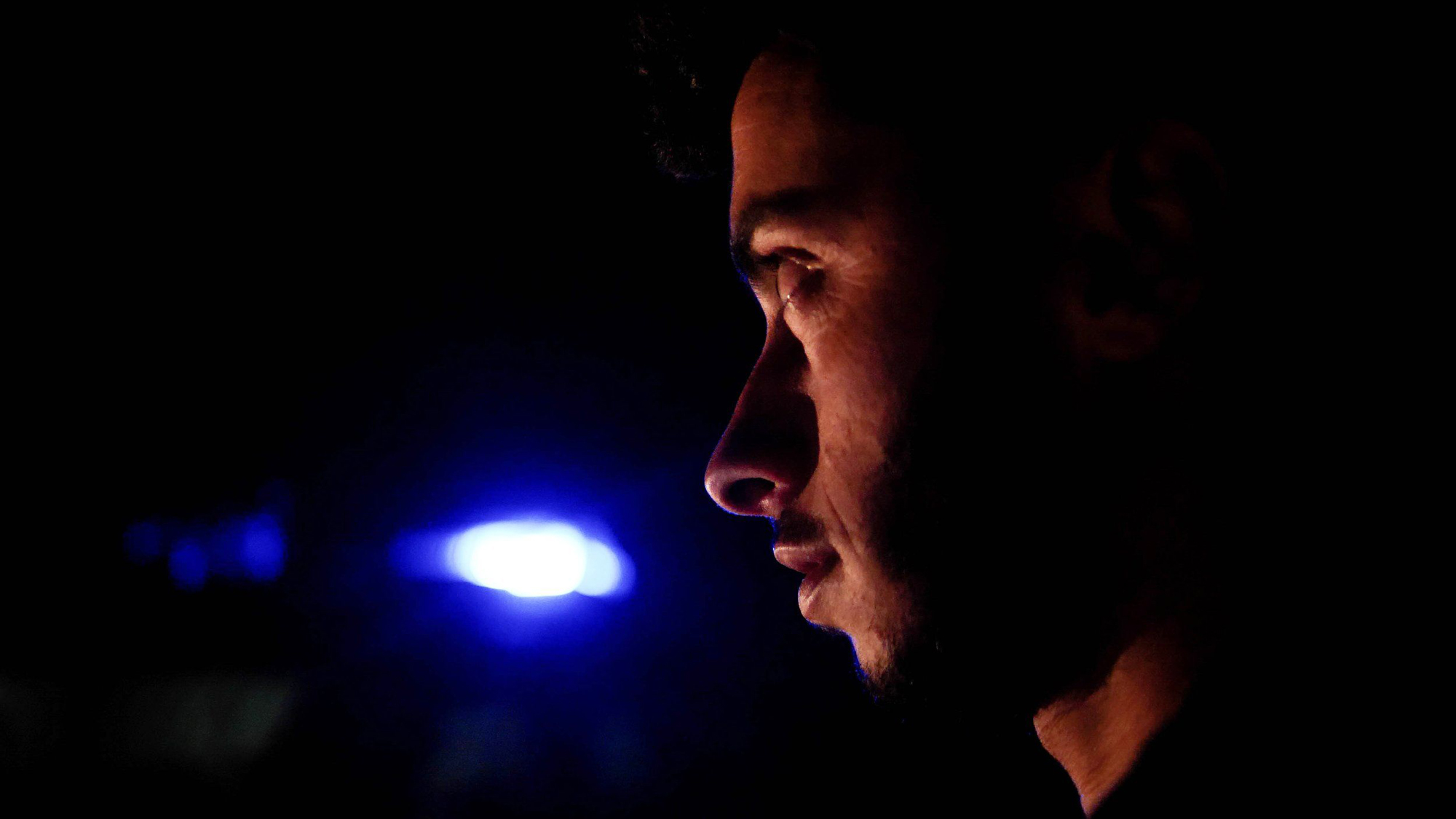I am chagrined to admit that I was under the influence in early December — not of seasonal libations but of 40-plus years of doggedly hopeful documentaries about the Israeli-Palestinian situation — when I watched No Other Land in preparation for the San Francisco Bay Area Film Critics Circle’s year-end awards vote.
A four-year collaboration between Palestinian activist Basel Adra and Israeli journalist Yuval Abraham — the twentysomething onscreen protagonists — and Palestinian Hamdan Ballal and Israeli Rachel Szor, No Other Land is an infuriating verité record of the Israel military’s incessant intimidation and persecution of the residents of the 20-odd Palestinian villages in the hilly Masafer Yatta area of the West Bank.
The film screened at 50 festivals around the world in 2024 (including SFFILM’s Doc Stories) after its prize-winning premiere at Berlin, and was acquired for distribution in two dozen countries (though not the U.S.). Nominated for the Academy Award for Documentary Feature following a qualifying New York theatrical booking, No Other Land opens Feb. 14 at the Roxie.

The filmmakers completed their work before Hamas killed around 1,200 Israelis on Oct. 7, 2023 and Israel subsequently killed over 46,000 Palestinians in Gaza (according to Reuters). Inevitably, every viewing of No Other Land is colored by that carnage, as well as by the current lunacy emanating from the White House about “relocating” the Palestinians from their land and homes in Gaza (which UN Secretary-General António Guterres warns is a form of “ethnic cleansing”).
No Other Land employs a tight focus, restricting itself to the events happening in the immediate vicinity of resident Basel Adra and his small cache of smartphones and digital video cameras. The effect is to refract Israel’s overarching political agenda of pushing out the Palestinians (via the “official” actions of soldiers and the “unsanctioned” violence of settlers) through the eyes of the families on the ground.




